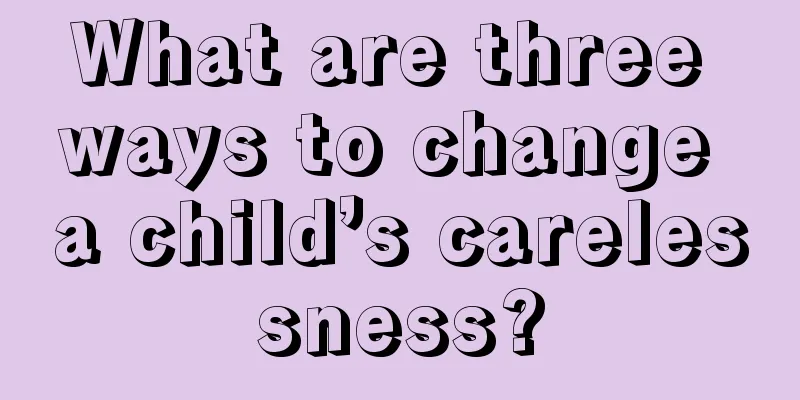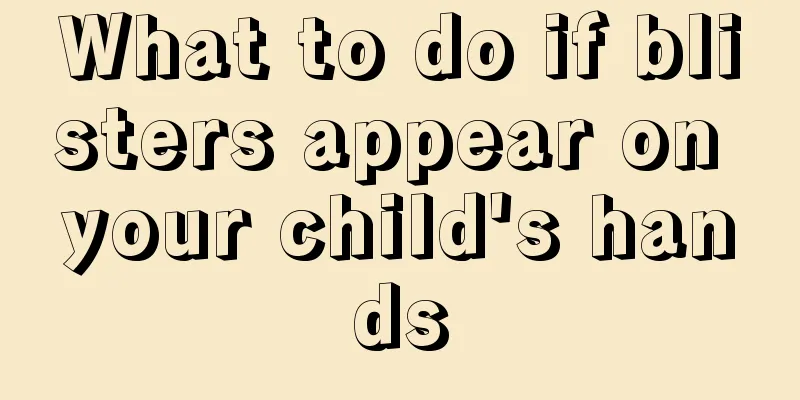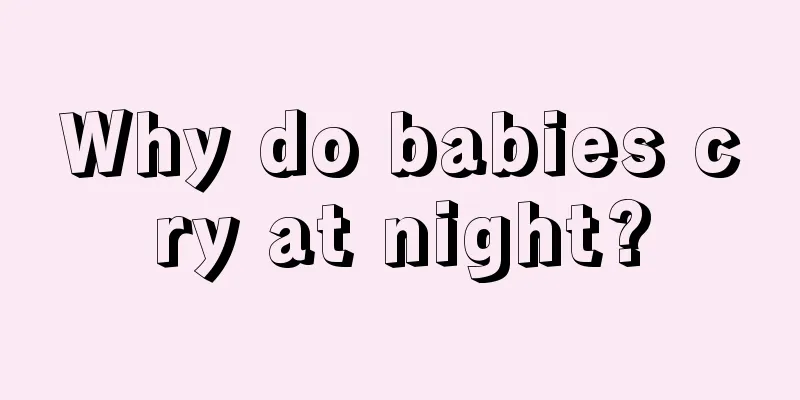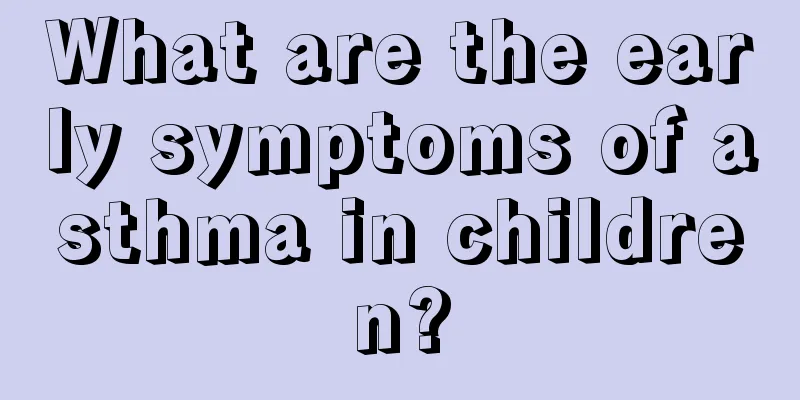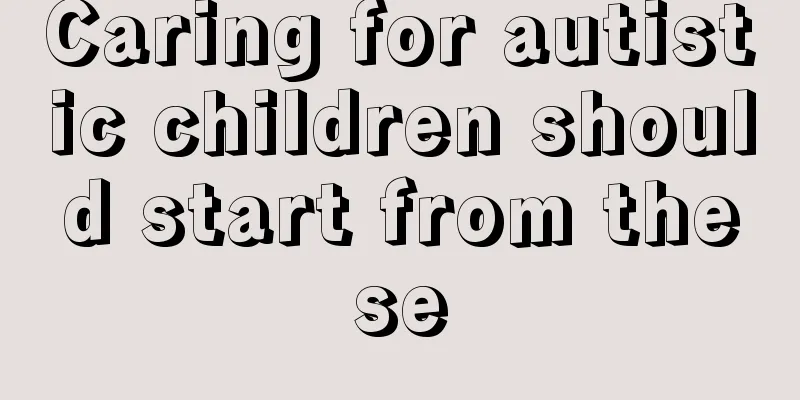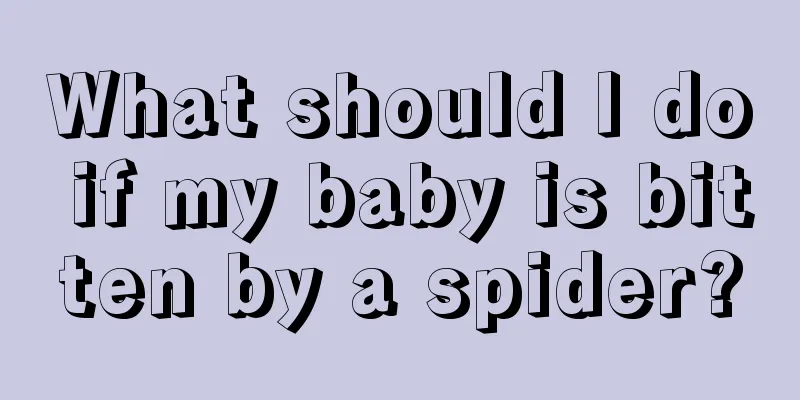What vaccines should a two-year-old baby get?
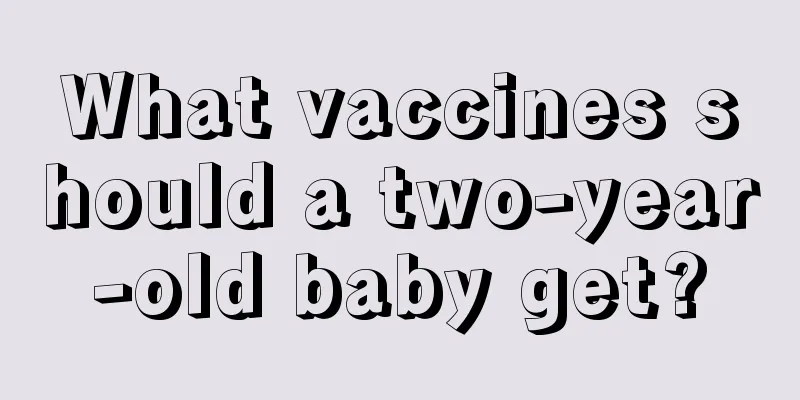
|
Vaccines are something that babies must get. Of course, there are many types of vaccines. Some vaccines need to be given no matter what the situation is. Secondly, some vaccines are selective, and whether to vaccinate depends on the physical condition of the parents and the baby. Moreover, vaccination does not require all vaccines to be administered at once, but needs to be carried out in stages. So the question is, what vaccines should a two-year-old baby get? There are two types of vaccinations: 1. Class I vaccine. This is provided free of charge to citizens by the government. Children cannot attend school if they have not received all the first-class vaccines, such as BCG, ordinary diphtheria, pertussis and tetanus vaccine, sugar pills, measles vaccine, hepatitis B vaccine (5 micrograms), meningococcal polysaccharide vaccine, ordinary Japanese encephalitis vaccine, etc. 2. Category II vaccines. This is a vaccine that is voluntarily received by citizens at their own expense. Everyone can choose according to their family situation, such as hepatitis A vaccine, chickenpox vaccine, rabies vaccine, etc. Baby vaccination schedule Type I vaccines Hepatitis B vaccine: 3 doses in total, injected at birth, January, and June BCG: prevent tuberculosis in children, 1 dose injected at birth Polio vaccine: specifically used to prevent polio. 4 doses in total, given at 2, 3, 4, and 4 years of age DTP vaccine: can prevent whooping cough, diphtheria and tetanus at the same time. A total of 4 doses, given at 3 months, 4 months, 5 months, and 18-24 months of age Diphtheria-tetanus vaccine: a combined vaccine that prevents diphtheria and tetanus. 1 dose is given at age 6 years. Measles-containing vaccine: 2 doses, one in August and one between 18 and 24 months of age Live attenuated Japanese encephalitis vaccine: prevents epidemic Japanese encephalitis. 2 doses, given at 8 months and 2 years of age Group A meningococcal vaccine: 2 doses, given between 6 and 18 months of age, 3 months apart Group A+C meningococcal vaccine: 3 doses in total. The first dose is given at 3 years of age, with booster doses at 6 and 9 years of age. Live attenuated hepatitis A vaccine: 1 dose at 18 months. Commonly used second-class vaccines Pneumococcal vaccine: 13-valent pneumococcal vaccine, a total of 4 doses, injected in February, April, June and 12-15 months. Babies over 2 years old with weak constitutions should be given the 23-valent pneumococcal vaccine. Varicella vaccine: 2 doses in total, 1 dose for children aged 1-12 years, and the 2nd dose for children aged 13 years and above. Haemophilus influenzae type B vaccine: one dose each in February, April, and June, and another dose over 12 months of age. Influenza vaccine: 2 injections per year for children aged 1-3 years, with 1 month interval between injections. For children over 3 years old, vaccination should be given once a year. Things to note after vaccination: 1. After vaccination, rest at the vaccination site for about half an hour to observe whether the baby has high fever or other adverse reactions. 2. After vaccination, the baby should get adequate rest, drink plenty of water, and keep warm. 3. Do not bathe your baby on the day of vaccination, but make sure the vaccination site is clean to prevent local infection. 4. If your baby has a slight fever, loss of appetite, irritability, or crying after vaccination, don't worry. These reactions will generally disappear automatically within a few days. However, if the reaction is severe and lasts a long time, you should seek medical attention promptly. |
<<: What vaccines should be given at the age of three?
>>: Can children’s vaccinations be postponed?
Recommend
What to do if your four-month-old baby has a poor appetite
Many babies suddenly don’t like to eat when they ...
What should I do if a five-year-old boy always sweats when sleeping?
Sweating is a way for our body to adjust itself. ...
What to do if a teenager has a fever of 39 degrees
Our body temperature is maintained within a certa...
What should I do if my baby coughs and sounds hoarse?
It is difficult to prevent childhood diseases. Ev...
Appetizer recipes for 1-year-old babies
If the baby has a poor appetite, he will naturall...
The harm of waist stool to baby
Many things and events have two sides, that is, t...
What are the benefits of swimming for babies
Although babies are young, they often need to swi...
Baby's back red spots
The baby's skin is very delicate, so it canno...
Is tics scary?
Tourette syndrome is medically known as Tourette ...
The baby's poop is like tofu dregs
Many secretions or excretions from the body can r...
What should I do if my baby is frightened and has a fever?
There are many reasons that cause babies to have ...
Causes of rib protrusion in babies
The condition of infant rib protrusion is relativ...
Why is the area around the belly button cold?
In life, some people may feel cold around their b...
What should I do if my child has diarrhea and fever?
Children often catch colds and fevers during thei...
What are some exercises suitable for children to lose weight?
The main purpose of exercise for children is actu...


